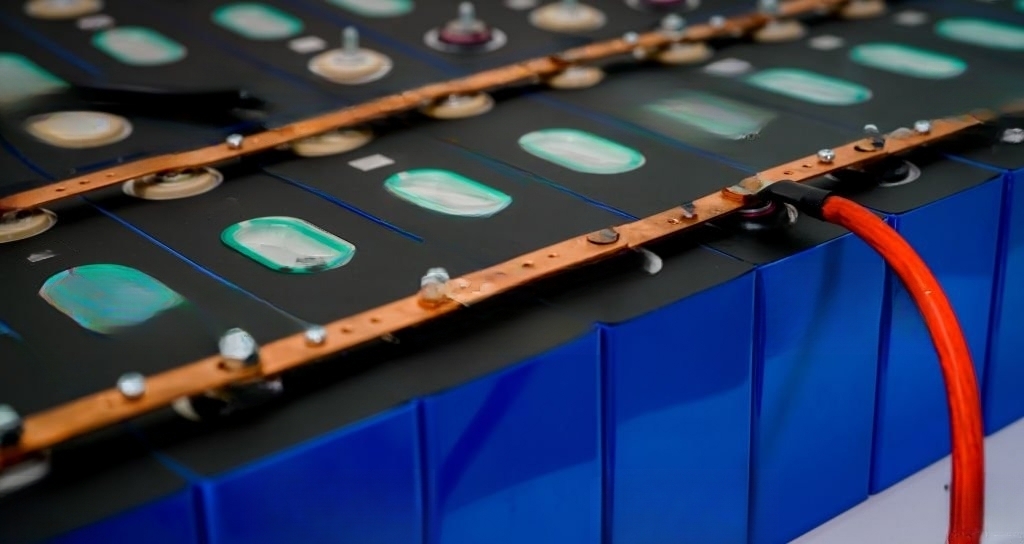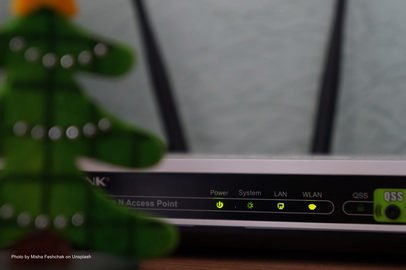A Quick Glance…
The duration a 100 amp-hour battery will last depends on the power draw of the device it is connected to. An amp-hour (Ah) is a unit of electric charge that can be used to measure battery capacity. If you’re drawing power consistently at a rate of 1 ampere (A), a 100 Ah battery would theoretically last for 100 hours. However, keep in mind that this is a simplified explanation and actual battery performance can vary based on factors like efficiency, discharge rates, and the specific characteristics of the battery and the device. It’s also important to note that repeatedly discharging a battery fully can significantly shorten its lifespan.

Have you ever wondered how long a 100 amp hour battery will last? As a team of tech enthusiasts, we have tested and used various types of batteries in different situations. We can attest that the lifespan of a battery depends on several factors such as the type of battery, age, power usage, and environmental conditions.
Knowing how long a battery will last is crucial, especially when using it for outdoor activities or as a backup power source. In this article, we will provide insights into the lifespan of a 100 amp hour battery, factors that affect its longevity, and tips on how to maximize its usage. So, let’s dive in!
Types of Batteries
There’s a variety of battery types available to choose from when it comes to powering your devices or vehicles. One of the most popular types is the lead-acid battery, which has been around for over 150 years. These batteries are reliable and inexpensive, but have a shorter lifespan compared to other types. Another popular type is the lithium-ion battery, which is commonly used in smartphones and electric vehicles. These batteries have a longer lifespan and faster charging options, but are more expensive.
Lifespan comparison is an important factor to consider when choosing a battery. Lead-acid batteries typically last between 3-5 years, while lithium-ion batteries can last up to 10 years or more. However, the lifespan of a battery also depends on how often it’s charged and discharged, as well as the temperature it’s stored in. Proper maintenance and usage can prolong the life of any battery type.
Charging options are also an important consideration when choosing a battery. Lead-acid batteries can be charged using a simple charger, while lithium-ion batteries require a special charger to prevent overcharging and overheating. In addition, some lithium-ion batteries can be charged quickly using fast-charging technology, while others require a longer charging time. It’s important to choose a battery with the appropriate charging options for your needs.
Age of the Battery
If you’ve owned the battery for a while, its age could be a crucial factor in determining its lifespan. As a battery ages, it loses its ability to hold a charge and its output capacity decreases. This means that even if you have a 100 amp hour battery, it may not last as long as it used to. Regular battery maintenance can help prolong its lifespan, but eventually, you may need to replace it altogether.
Here are a few things to consider when it comes to the age of your battery:
- Most lead-acid batteries have a lifespan of around 3-5 years, but this can vary depending on usage and maintenance.
- Lithium-ion batteries generally have a longer lifespan, lasting up to 10 years or more.
- If your battery is over 5 years old and you’ve noticed a decline in its performance, it may be time to consider a replacement.
- Proper battery maintenance, including regular charging and cleaning, can help extend the life of your battery and delay the need for a replacement.
Remember, the age of your battery can have a significant impact on how long it will last. If you’re not sure how old your battery is or if it’s time for a replacement, consult with a professional or refer to the manufacturer’s guidelines. Taking care of your battery and monitoring its age can help ensure that you have a reliable power source for years to come.
Power Usage
Managing power usage is essential for prolonging the life of your energy source and ensuring you have reliable power when you need it. When it comes to a 100 amp hour battery, power usage plays a crucial role in determining its lifespan. The battery capacity refers to the amount of energy the battery can store, while the energy consumption refers to the amount of energy being used by the device or system.
To calculate how long a 100 amp hour battery will last, you need to consider the power usage of the device or system it is powering. For example, if you have a device that consumes 10 amps per hour, the battery will last for 10 hours before it needs recharging. However, if the same device consumes 50 amps per hour, the battery will only last for 2 hours before needing a recharge. Therefore, it is essential to monitor the power usage of your devices and adjust them accordingly if you want to get the most out of your 100 amp hour battery.
In addition to monitoring power usage, you can also prolong the life of your 100 amp hour battery by using energy-efficient devices, turning off unused devices, and reducing the brightness of your screen. By doing so, you can extend the battery’s lifespan and ensure that you have reliable power when you need it. Remember, managing power usage is crucial to getting the most out of your 100 amp hour battery, so make sure to keep an eye on your energy consumption and adjust your devices accordingly.
Environmental Factors
In terms of environmental factors, we need to consider temperature, humidity, and other variables that can impact the lifespan of a 100 amp hour battery. When it comes to temperature, extreme heat or cold can significantly reduce the battery’s lifespan. High humidity can also cause corrosion or damage to the battery’s internal components. Therefore, it’s important to take these factors into account and ensure proper storage and maintenance to maximize the battery’s longevity.
Temperature
Let’s talk about how the temperature can affect the lifespan of your 100 Ah battery. The temperature is a crucial factor in determining the longevity of a battery. Extreme temperatures can cause damage and reduce the overall lifespan of your battery. For instance, high temperatures can lead to faster chemical reactions, which can cause the battery to discharge quickly, reducing its lifespan. Similarly, low temperatures can lead to a drop in battery capacity, making it difficult for the battery to hold a charge for an extended period.
Battery storage and charging methods also play a significant role in maintaining the life of your battery. Storing your battery in a cool, dry place can help extend its lifespan. Avoid exposing your battery to direct sunlight or high temperatures for an extended period. Furthermore, charging your battery correctly is crucial in extending its life. Overcharging or undercharging can damage your battery and reduce its lifespan. Therefore, it is essential to use the recommended charging methods and avoid overcharging the battery. In summary, temperature plays a significant role in determining the lifespan of your battery. Proper storage and charging methods can help extend the life of the battery.
Humidity
Humidity levels can impact the performance of your 100 Ah battery, affecting the effectiveness of its chemical reactions and potentially leading to a decrease in overall efficiency. High levels of humidity can also lead to corrosion on the battery terminals, which can further hinder its performance. It is crucial to keep the battery in a dry and well-ventilated area to prevent moisture from accumulating and causing damage to the battery.
Investing in a dehumidifier can be an effective solution to control humidity levels and ensure the longevity of your battery. However, it is important to note that the effectiveness of the dehumidifier may vary based on the area’s humidity levels and the size of the room. It is recommended to regularly monitor the humidity levels and adjust the dehumidifier settings accordingly to maintain optimal conditions for the battery. Overall, keeping humidity levels in check can significantly improve the performance and lifespan of your 100 Ah battery.
Tips for Maximizing Battery Life
You can make sure your battery keeps going strong by taking these steps to get the most out of it. First, choose the right charging method. Overcharging or undercharging can damage the battery, so look for chargers that have features like automatic shutoff or smart charging. Additionally, make sure to use the correct voltage and current for your battery. Using the wrong charger can reduce the battery life and even cause it to fail.
Maintenance techniques are also important for maximizing battery life. Keep the battery clean and dry, avoiding exposure to moisture, dust, and extreme temperatures. Check the battery regularly for any signs of damage or wear, and replace it if necessary. You can also use a battery tender or conditioner to keep the battery charged and conditioned when not in use. This type of device can help extend the battery life by preventing sulfation, which is a common cause of battery failure.
By following these tips, you can help your battery last longer and perform better. Remember to choose the right charging method, keep the battery clean and dry, and use maintenance techniques to prevent damage and wear. With a little care and attention, you can enjoy the full capacity of your battery and avoid the need for premature replacement.
Conclusion
So, how long will a 100 amp hour battery last? The answer is, it depends. The type of battery, its age, power usage, and environmental factors all play a role in determining battery life. However, there are ways to maximize the life of your battery, such as properly maintaining it and avoiding over-discharging or overcharging.
Overall, understanding the factors that affect battery life and taking steps to prolong its lifespan can help ensure that your 100 amp hour battery lasts as long as possible. With proper care, you can get the most out of your battery and avoid the frustration of unexpected power outages.





